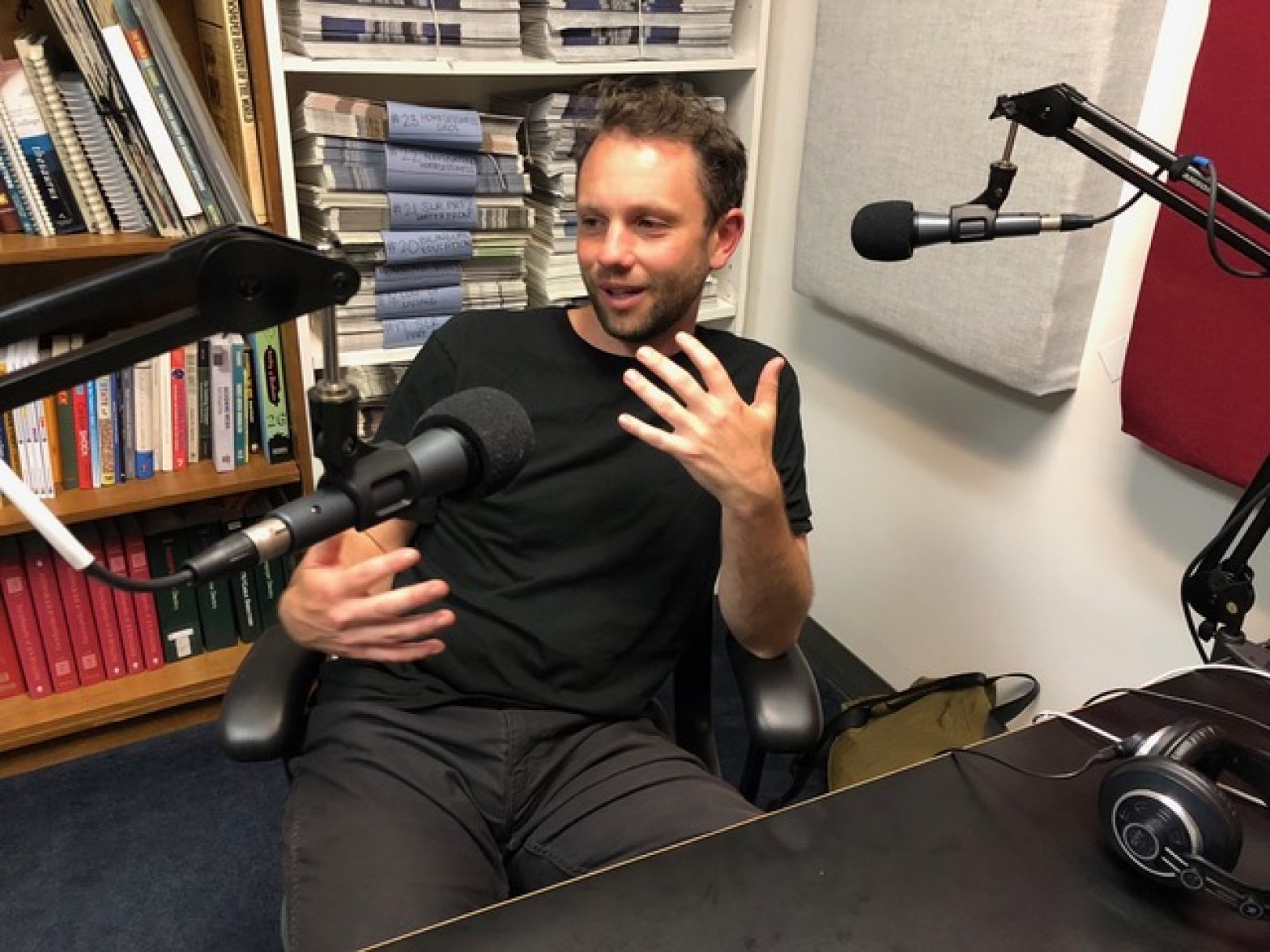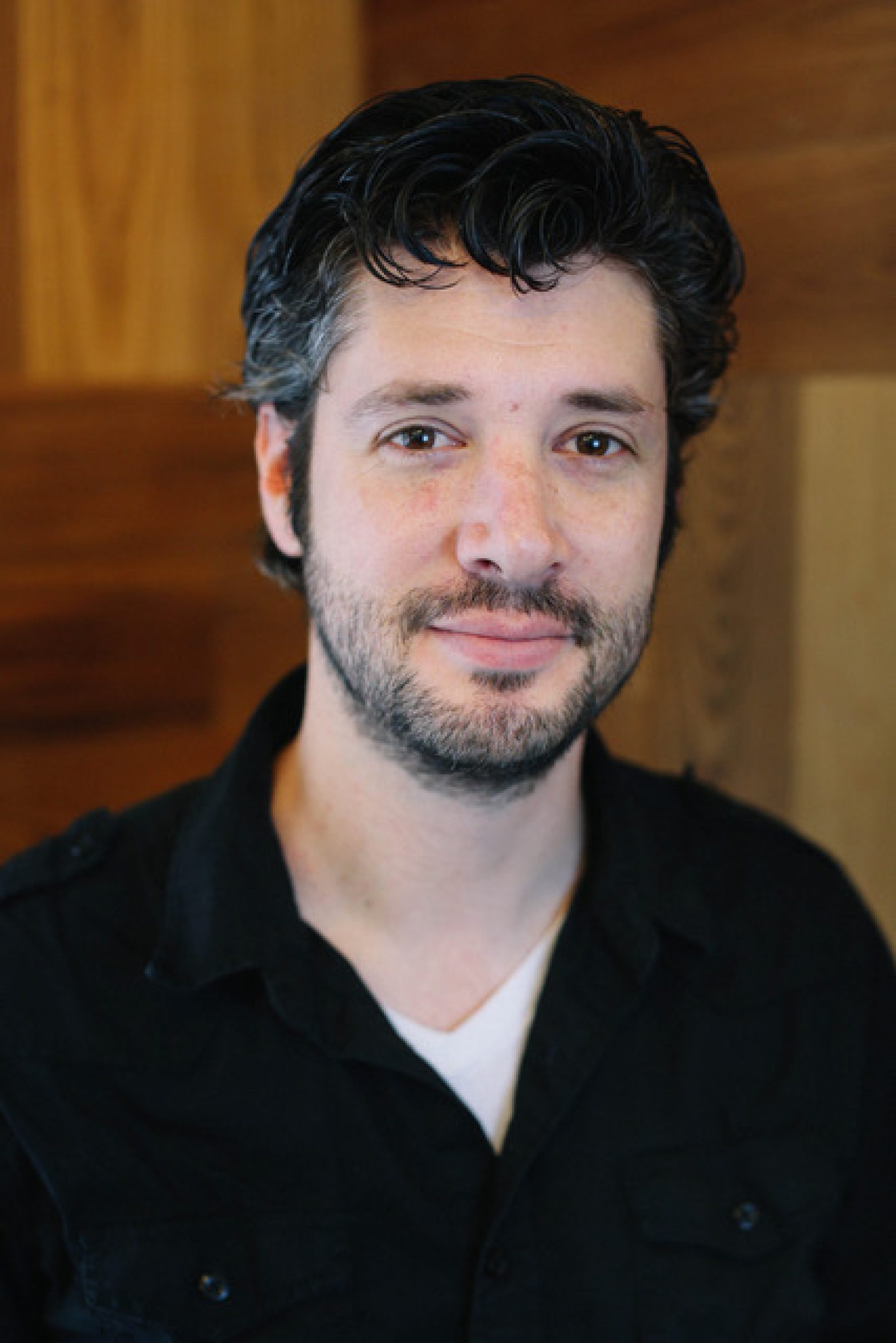Other Local Races
The races for several elected offices have either only one contender — like Paul Miyamoto, who is running unopposed for sheriff, or José Cisneros, the only candidate for treasurer — or only one well-financed contender who is widely expected to win. Mayor London Breed is running for re-election against five challengers, none of whom have experience holding political office or attracted significant financial backing. “Civic” talked with San Francisco State University associate professor of political science Jason McDaniel about these races, their significance, and why so many candidates are running without formidable opposition.
How Voting Works in SF


